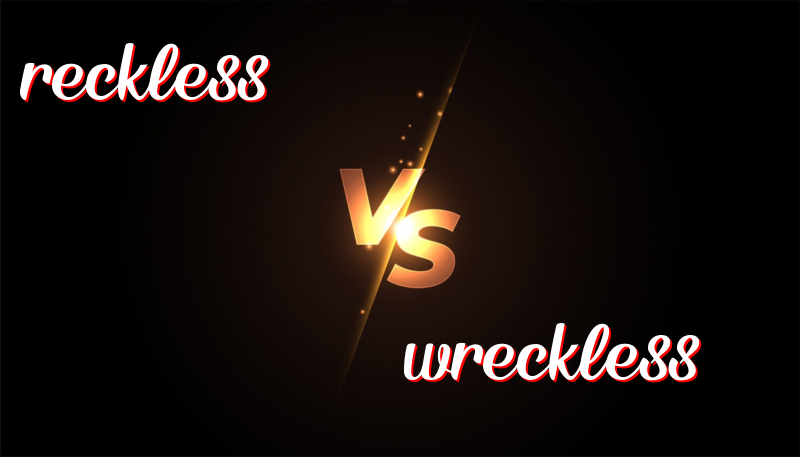Reckless vs. Wreckless: Understanding the Difference
Reckless vs. Wreckless: What’s the Difference?
Have you ever wondered about the difference between the words “reckless” and “wreckless”? These two words sound very similar but have completely different meanings. Let’s explore the history, usage, and a trick to remember the difference between them.
History:
– The word “reckless” dates back to the 16th century and comes from the Old English word “receleas,” meaning careless or heedless.
– “Wreckless” is not a commonly recognized word in the English language and is considered incorrect.
How to Use Them:
– “Reckless” means to act without thinking, careless, or irresponsible.
– As “wreckless” is not a standard word, it should be avoided in formal writing.
Trick to Remember the Difference:
– To remember the correct word, think of “reckless” as a combination of “reckon” and “less,” meaning to act without reckoning or thinking.
Examples of Using “Reckless”:
1. He drove at a reckless speed and got into an accident.
2. Her reckless spending habits left her in debt.
3. The reckless behavior of the children worried the adults.
4. Jumping off the cliff without checking the depth was a reckless move.
5. The politician’s reckless statements offended many people.
Examples of Using “Wreckless”:
– Please note that “wreckless” is not a standard word in English vocabulary. It is better to use “reckless” in all contexts.
Summary:
In summary, “reckless” means acting without thinking or being careless, while “wreckless” is not a recognized word. Remember the trick of linking “reckon” with “less” to recall the correct term. Use “reckless” in your writing to avoid any confusion or errors.

Leave a Reply
You must be logged in to post a comment.